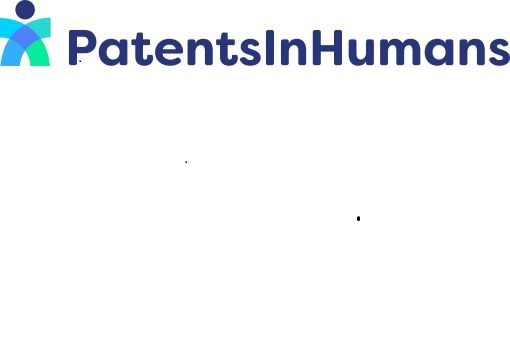
Professor Aisling McMahon recently published an article on Durham CELLS blog entitled “Patents & Stem Cell-Based Embryo Models in Europe: The Need for Nuanced Bioethics Scrutiny?” (15th November 2024). This article highlighted the need for greater scrutiny of the potential bioethical issues posed by patentability questions related to stem cell-based embryo models (SCBEMs) and related technologies. Focusing on Article 6 of the Biotechnology Directive 98/44EC, she highlighted the potential for uncertainties within European patent law around whether certain types of SCBEMs are or should be patentable. She argues that further debates may be likely in future around the potential bioethical issues that may arise in relation to patents and SCBEMs, and how European patent law should engage with these.
This Durham CELLS blog article and a chapter written by Professor McMahon entitled “The ‘ethical’ regulation of ‘novel being’ technologies: the potential role for patents and ethical drivers, blockers and guiders?” (2022) were both recently cited in the Nuffield Council on Bioethics Report on “Human stem cell-based embryo models: A review of ethical and governance questions” (published on 27th November 2024).
Professor McMahon was previously invited to attend roundtable evidence gathering meeting organised by the Nuffield Council on Bioethics in London in June 2024. These meetings brought together invited experts to discuss the current science, law and governance, and ethical issues relevant to SCBEMs.
Aisling is a Professor of Law specialising in health and intellectual property law at the School of Law and Criminology, Maynooth University. She is Principal Investigator of the ERC funded PatentsInHumans project. You can find out more about the PatentsInHumans project at: www.patentsinhumans.eu
Funding Acknowledgment: This research was funded by the European Union (ERC, PatentsInHumans, Project No. 101042147). Views and opinions expressed are however those of the author only and do not necessarily reflect those of the European Union or the European Research Council Executive Agency. Neither the European Union nor the granting authority can be held responsible for them.

